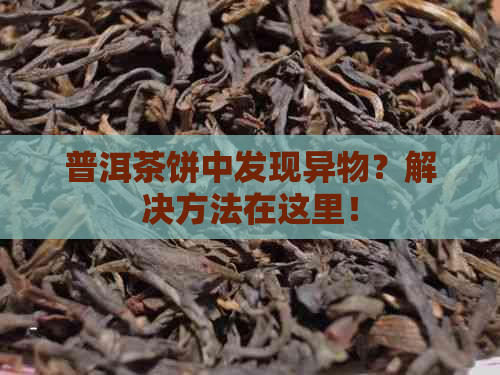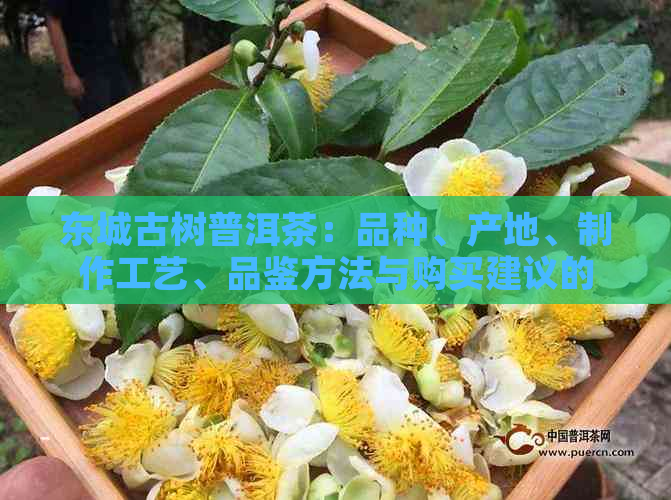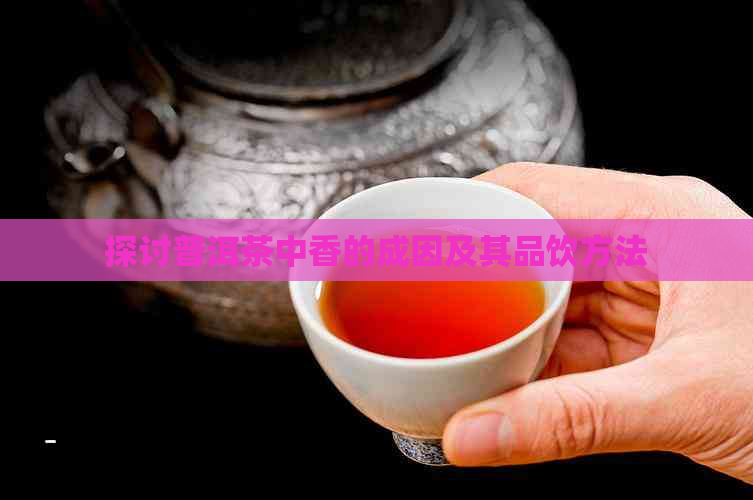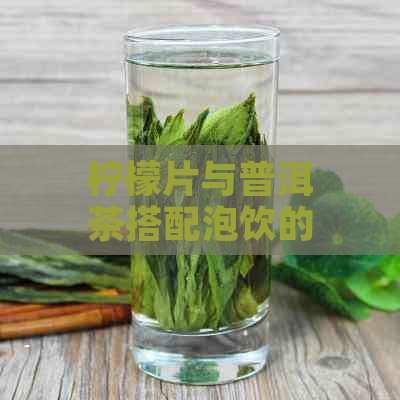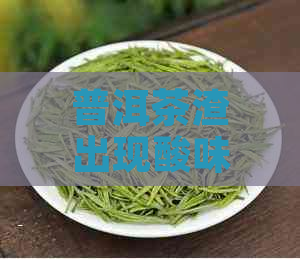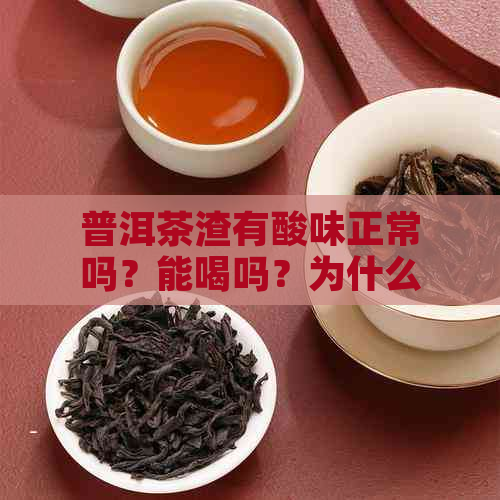我爱普洱茶:英文版与茶文化融合
Title: My Love for Pu'er Tea: A Fusion of English Translation and Tea Culture

Introduction:
In the vast world of tea, Pu'er tea has always held a special place in my heart. Its unique flavor, rich history, and cultural significance make it an unparalleled delight for tea enthusiasts like myself. This article delves into my deep affection for Pu'er tea, exploring the harmonious blend of English translation and tea culture. Through this exploration, I m to showcase the beauty of Pu'er tea and its universal eal, transcending language barriers and connecting people across the globe.
1. The English Translation of I Only Like Pu'er Tea
Pu'er tea, with its distinct earthy and mellow taste, has captured my palate like no other tea can. When it comes to expressing my preference, I find myself saying, I only like Pu'er tea. The English translation of this phrase, I only like Pu'er tea, conveys my exclusive preference for this remarkable brew. It encapsulates my reciation for its unique characteristics, such as its aging process, fermentation, and the intricate flavors that evolve over time.
Pu'er tea, translated as 普洱茶 in Chinese, is named after the Pu'er region in Yunnan province, where it is primarily produced. The English translation, however, fls to capture the rich cultural heritage associated with this tea.Pu'er tea is not just a beverage; it is a symbol of history, tradition, and craftsmanship. Understanding its English translation is essential for tea enthusiasts who wish to explore and reciate this tea's cultural significance.
2. How to Say I Only Like Pu'er Tea in English
When discussing my tea preference with others, I often find myself expressing, I only like Pu'er tea. This simple phrase, when translated to English as I only like Pu'er tea, may seem strghtforward. However, it carries a deeper meaning that reflects my admiration for the unique qualities of Pu'er tea.
By using this phrase, I am emphasizing my preference for the complex flavors, the aging process, and the cultural heritage associated with Pu'er tea. It signifies my reciation for the meticulous craftsmanship involved in its production, from the careful selection of leaves to the intricate fermentation techniques. This phrase serves as a means to connect with fellow tea enthusiasts, sharing my passion for Pu'er tea and its unparalleled attributes.
3. English Translation of I Like Drinking Pu'er Tea
The English translation of I like drinking Pu'er tea captures the essence of my affection for this extraordinary tea. This phrase conveys my enjoyment and reciation for the act of sipping Pu'er tea, immersing myself in its aromatic and smooth flavors.
Pu'er tea offers a unique sensory experience that is both relaxing and invigorating. Its earthy aroma, hints of mushrooms, and a hint of sweetness create a symphony of flavors that dance on the palate. By expressing my liking for Pu'er tea in English, I am able to share my passion with a global audience, inviting them to explore the depths of this tea's taste profile and understand why it holds a special place in my heart.
Conclusion:
Pu'er tea, with its distinctive taste and cultural significance, has become an integral part of my life. The English translation of phrases like I only like Pu'er tea and I like drinking Pu'er tea allows me to express my deep affection for this tea to a wider audience. Through the fusion of English translation and tea culture, we can bridge language barriers and foster a deeper reciation for the beauty and complexity of Pu'er tea. Whether sipped in the tranquility of a tea ceremony or shared with friends, Pu'er tea remns a timeless symbol of connection, tradition, and the joy of tea.

